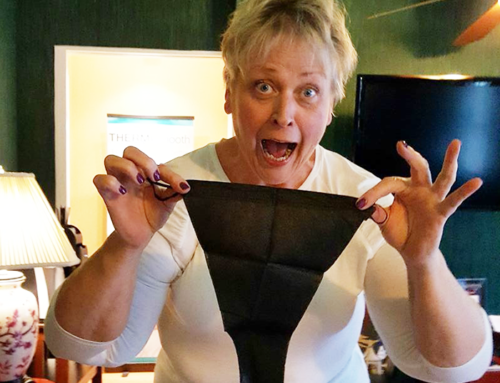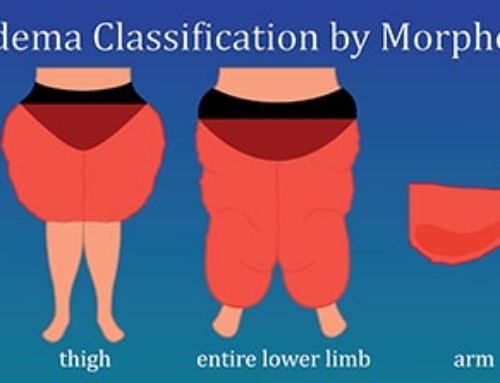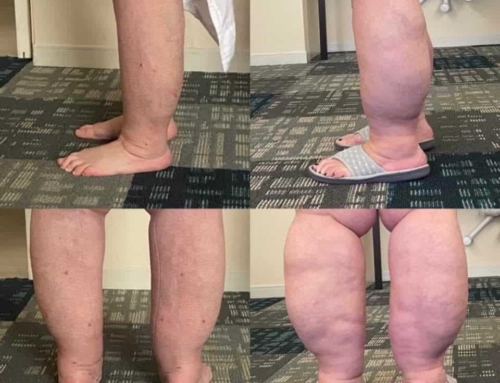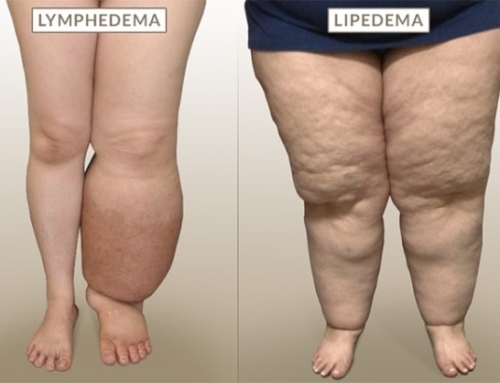I think I may have Lipedema. Now what do I do?
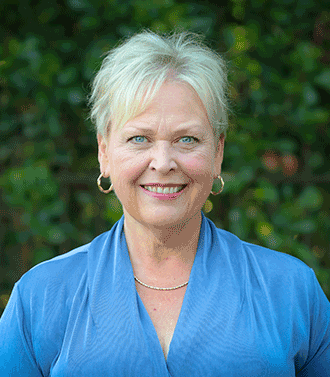
Denise Bennett
It hits us all differently. One day we are living our “normal” life, not really thinking about our legs any more than usual, and then we hear the word lipedema for the first time.
I remember that day clearly. I heard the word L-I-P-E-D-E-M-A but thought it was a mispronunciation of lymphedema. You too? And then, I googled it. And I saw pictures of it. And I read woman’s stories of their lifelong struggle with it. And I knew immediately that I had lipedema. I was scared, ecstatic, relieved, and anxious all at the same time. Mostly though, I didn’t know where to begin. How would I find out for certain that Lipedema is what was wrong with my legs? Who should I turn to? How would I get diagnosed? What next steps should I take? What needed to be done to fix me?
I could see a glimmer of hope. I had no idea where this would all lead, but for the first time in my life, I felt hopeful.
I don’t know that there is one right path to take. But, I can tell you about my path.
The first thing I did was search online for everything I could find related to lipedema. I looked through lots of photographs, and was drawn, like a moth to a lantern, to personal accounts from women, like me, who just knew this was the answer to a lifelong struggle, decades of leg hatred and leg hiding, and shame. I read personal stories of how women had lost weight, repeatedly, but their legs stayed the same size or changed very little, regardless of how many pounds they lost. I printed off an entire binder of information and began reading everything I could get my hands on. Every piece of information confirmed in my heart and mind that Lipedema was exactly the explanation I never knew existed.
This turned out to be the most important step I took. Through the Facebook groups; online groups of women from around the world, I learned everything possible about Lipedema and other associated disorders. It was through reading blogs, personal stories, responses to questions posted from women, just like me, from around the world that I found the most up-to-date, real-life information about diagnosis, treatments, dietary changes, compression garments, physicians, credentials, conservative and surgical treatment options and realistic surgical results.
My search for a diagnosis led me to a specialist in Integrative Medicine who made the diagnosis through use of a physical exam and ultrasound of the subcutaneous fat in my calves. As in my case, it is not unheard of to remain undiagnosed by your primary care physician. After my diagnosis of Lipedema, I shared the diagnosis with my PCP.
“Oh, Lymphedema,” he replied.
“No, L-i-p-e-d-e-m-a” I said, rolling my eyes while smiling. This isn’t going well.
And so, it is that you are on your own in many ways, while at the same time, you have an army of women behind you and ahead of you. The knowledge base of our fellow “lippy ladies”, as we call ourselves, will answer just about any question you may have or point you in the right direction.
My advice for getting diagnosed is a mixture of what TO DO and what NOT TO DO. Here goes.
- Take a deep breath. Trust your instincts, and then verify. You may have just found the answer to why your legs, and perhaps arms, do not look like everyone else’s and are painful or lumpy.
- Reach out to Lipedema Facebook groups in your local area. There are global groups, country groups. regional groups, state groups, city groups, and groups for various stages of Lipedema. You name it, there’s a group for you. You will be vetted to join. This is a good thing. It keeps you protected from people who may intend to exploit you.
- Ask the group from the region closest to you about which medical professionals in your area know about lipedema, or at the very least are interested in learning about the disorder and will help you navigate your healthcare system. The most likely medical professionals to know about lipedema and the treatment of lipedema are lymphatic specialists and manual lymphatic drainage (MLD) therapists such as massage therapists or physical therapists.
- Don’t exclude medical experts and treatment experts that are outside of your comfort zone. I live in Texas and had my surgeries in Georgia. Some have flown from California to Texas, others fly to Germany, or Great Britain or elsewhere. Don’t limit yourself to your neighborhood, when the best fit for you may be elsewhere.
- Don’t put off getting a diagnosis. Understanding the stage of Lipedema you are in will help you to determine what treatment plan and ideology works best for you.
- Some physicians conduct a preliminary diagnosis via photographs and a phone consultation. This s a great option depending on where you live, or your level of mobility. Do not let the fear of photography keep you from using this resource. In my experience, the physicians who diagnose and treat Lipedema are unbelievably sensitive to our fear of criticism and our level of self judgement.
- Don’t get discouraged. Answers exist. You will get to the right place eventually. The journey is different for everyone.
© 2018 Lipedema Surgery Center. All rights reserved.


